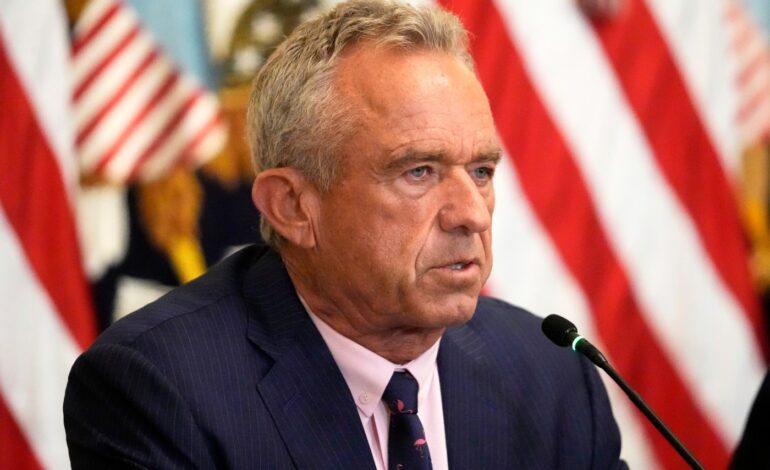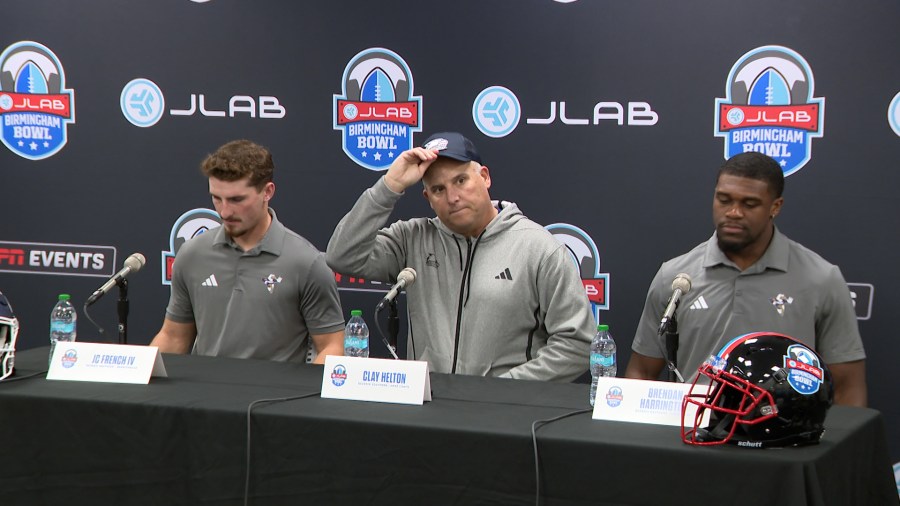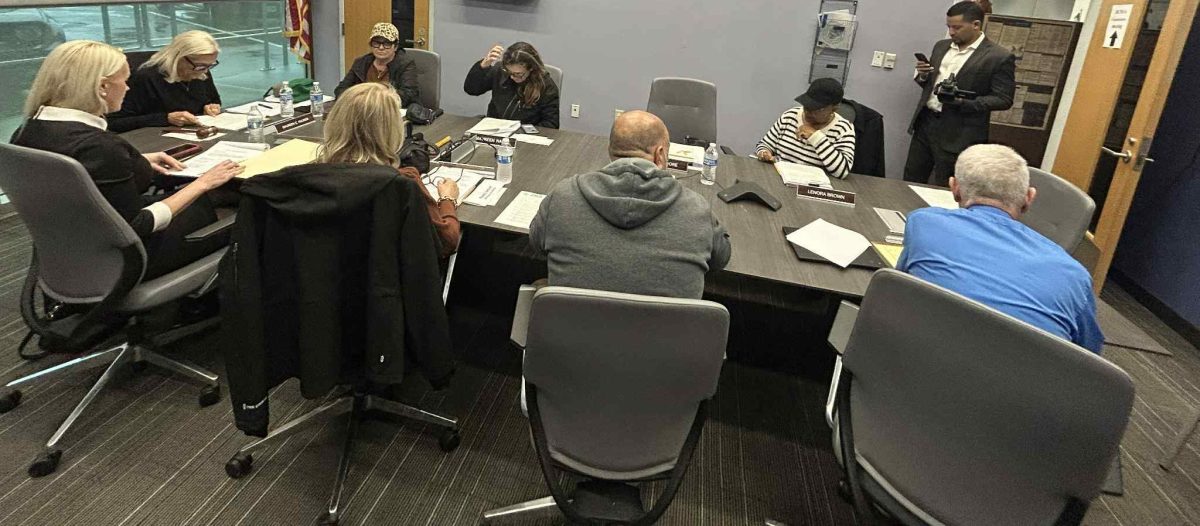RFK Jr. Critiques Pediatricians’ COVID Vaccine Recommendations

Robert F. Kennedy Jr., the current Secretary of Health and Human Services, has drawn criticism for his recent remarks regarding the American Academy of Pediatrics (AAP) and their recommendation for COVID-19 vaccinations for children under the age of two. This recommendation contrasts sharply with the Centers for Disease Control and Prevention (CDC), which had previously retracted similar guidance. Kennedy’s statements have ignited a heated debate over the safety and efficacy of COVID-19 vaccines for young children.
Kennedy accused the AAP of succumbing to corporate influences while disregarding evidence that supports the safety of vaccines in preventing serious illness. His comments reflect a broader skepticism towards established medical organizations, positioning him at odds with public health consensus. Pediatricians, who are often at the forefront of advocating for child health, find themselves defending their stance against what many see as harmful rhetoric from a prominent health official.
Concerns Over Public Health Messaging
Kennedy’s criticisms extend beyond the AAP to encompass the pharmaceutical industry as a whole. He acknowledges legitimate concerns regarding the profit-driven nature of this sector, drawing parallels to the controversial history of Purdue Pharma’s promotion of opioids. While examining potential conflicts of interest within the healthcare system can be beneficial, Kennedy’s approach raises concerns about the broader implications of rejecting scientific evidence.
His stance suggests a fundamental dismissal of the scientific method that underpins public health practices. Critics argue that this rejection could undermine the very foundation of health policy and research, ultimately harming the populations that these guidelines aim to protect. The role of a health secretary is to promote evidence-based practices, yet Kennedy’s position appears to advocate for a more conspiratorial view of medicine and public health.
Kennedy’s rhetoric has implications that extend beyond mere debate. The exclusion of vaccines from public recommendations may lead to decreased insurance coverage, impacting parents who wish to immunize their children. This shift could result in higher rates of preventable illnesses, with vulnerable populations bearing the brunt of these policy changes.
The Impact on Public Health
As public health officials grapple with the implications of Kennedy’s leadership, the potential consequences for children and adults alike become increasingly concerning. Vaccination has historically been a cornerstone of preventive healthcare, and any hesitance toward immunization could lead to outbreaks of diseases previously under control.
The ongoing discourse around COVID-19 vaccines highlights the critical need for clear, accurate communication from health authorities. Parents rely on guidance from credible organizations to make informed decisions about their children’s health. When a prominent figure such as Kennedy expresses doubt about established recommendations, it can create confusion and mistrust among the public.
The future of public health under Kennedy’s guidance remains uncertain. The long-term consequences of distancing from established scientific practices could lead to an increase in preventable diseases, with a ripple effect across healthcare systems. As the debate continues, the focus must return to evidence-based practices that prioritize the health and safety of all individuals, particularly the most vulnerable among us.
In conclusion, the ongoing confrontation between Kennedy and pediatricians serves as a critical reminder of the importance of maintaining a robust scientific dialogue in public health. The stakes are high, and the health of future generations may depend on the decisions made today.






